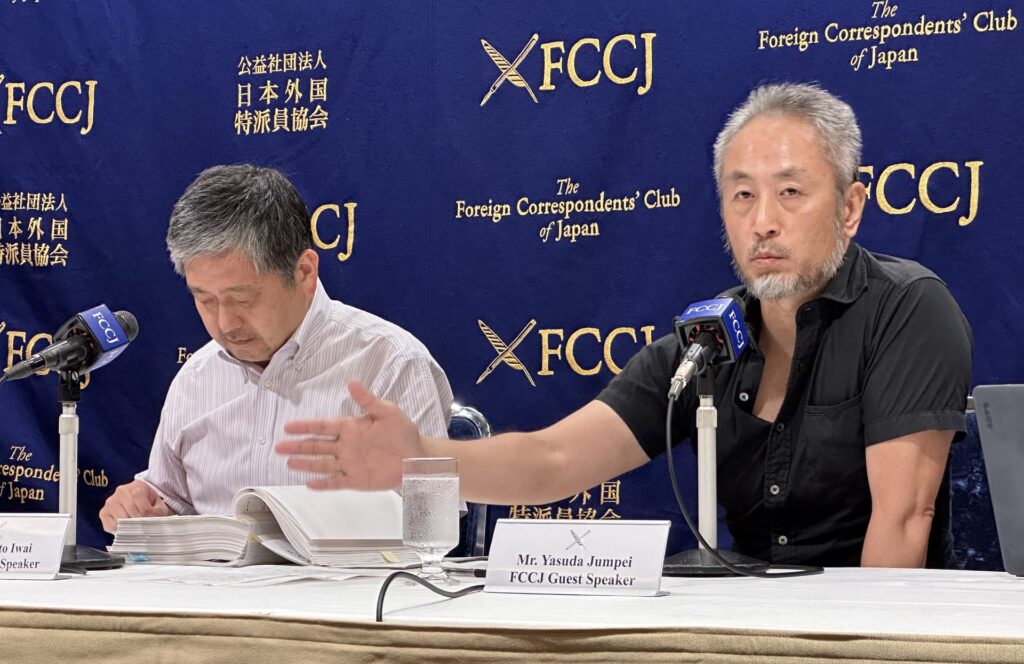
- ARAB NEWS
- 01 Aug 2025

TOKYO: Freelance journalist YASUDA Jumpei, who was taken hostage in 2015 by militants in Syria during a reporting trip and was released in 2018, says the Japanese government did not pay any ransom for his release.“Why would the government want to pay ransom for someone whose livelihood isn’t even insured?” Yasuda said at a press conference at the Foreign Correspondents’ Club of Japan in Tokyo on Tuesday. “I don’t believe they did that.”Making things even more complicated at the time was the fact that it was difficult to identify which rebel group was detaining him and where he was being held. Yasuda says he still doesn’t know who actually took him hostage.“I believe that the Japanese government did not engage in any kind of negotiation,” he said. However, there was speculation that Yasuda kidnappers received about $3.7 million for his release. A similar amount was believed to have been paid for the release of each of three European hostages kidnapped by the same group that took Yasuda.Yasuda’s history has returned to the headlines as the Japanese government is refusing to issue him a passport as they believe he might want to return to Syria or another conflict area.“Regarding whether or not I want to visit Syria again, that is a sensitive question because depending on what I say, the government may decide not to issue a passport to me,” Yasuda said. Yasuda said that although he is no longer a hostage in Syria, he is now a hostage in Japan. His passport was taken during his detention in Syria and when he applied for a new one in Japan in July 2019 it was refused by the Japan’s Ministry of Foreign Affairs, forcing Yasuda to sue the government to try and get them to issue a passport.The government’s convoluted justification for refusing Yasuda a passport is that under the terms of the Japanese Constitution a person who is banned from entering a country can be refused a passport. According to the government, Yasuda has been banned from entering Turkey since October 2018, even though he was not notified by the Turkish government.“Regarding Mr. Yasuda’s entry into the country, there is no direct evidence that the Turkish government has taken such action,” Yasuda’s attorney IWAI Makoto said at the press conference. The case, he says, is unique and he and Yasuda consider that the government’s position, which prevents Yasuda from leaving the country, to be “arbitrary” and “anti-constitutional”. Yasuda pointed out the “illogical position” of the government by noting that Prime Minister KISHIDA Fumio has also been banned from entering a country.“In May 2022, Russia banned Prime Minister Kishida and 63 Japanese nationals from entering Russia,” Yasuda said. “According to the government, under Article 13 of the Passport Act [these people] should be denied a passport. As far as we know, besides myself there has been no such case where the issuance of a passport has been denied based on Article 13.”